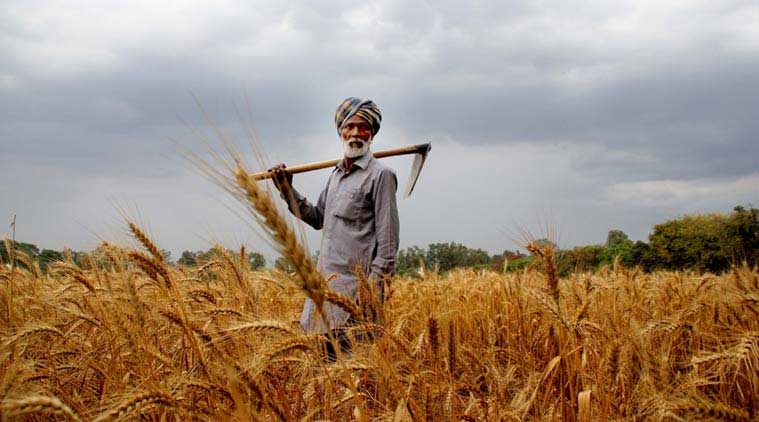The Fix: Saving Indian . . . And American Farmers

by Apurva Mahajan ‘22
Over the past 50 years, the small, family-owned farm has been edging towards extinction in the United States. Farmers no longer bring crops and products to market on their own and instead sell to massive agro-industrial corporations that dominate every level of the process. In addition to having dire environmental effects, the takeover of American agriculture by massive “farm factories” is nearly complete. Is it too late to save small- and medium-sized farms in the United States? India might just be a trial run if there is a fix.
The government of India passed three laws in September 2020 aiming to deregulate agriculture by pressuring farmers to sell directly to companies. Before this, the government had been guaranteeing minimum prices for certain crops allowing for a stable way to make investments. Over half of the working population in India comes from the agricultural sector, and many solely rely on their crops to support themselves, so this was no minor change.
In the Indian agricultural system, farmers don’t have the resources to sell in the market themselves. This leads to the introduction of the middlemen, usually larger farmers that provide them with resources and sell the smaller farmers’ produce. With the new laws, the middlemen will be taken away, causing the small farmers to be at the hands of large capitalist corporations. Farmers across the country quickly became nervous about the vague language used about price assurance. Worried that they would lose government support, these farmers turned to protesting across the country, and even internationally. Work and hunger strikes broke out for weeks to show solidarity with the farmers.
Prime Minister Narendra Modi claimed that his new laws would “unshackle farmers” and give them new opportunities, another part of his plan to “modernize and industrialize” India. The government passed these laws without consulting any farmers, the exact population that the laws would affect, and on top of that did a poor job of explaining them in depth to those most affected. This also all occurred at a time when government-regulated markets were closed due to the pandemic. India has also entered a recession as a result of the coronavirus, the cherry on top to this entire situation.
Producing around 68 percent of the world’s spices, India is the world’s largest producer, exporter, and consumer of spices, as well as the world’s leading producer of cotton. India is also the world’s second-largest producer of rice, wheat, and cereals, and ranks second in fruits and vegetable production. These supply chains could be interrupted by the changing laws and strikes.
The new laws don’t only affect India– this is a worldwide problem.
Labor unions have shown their support for the Indian farmers. Labor unions are organizations of workers in a trade formed to protect their rights. Indian agricultural labor unions are facing a tough road with the ever-growing unemployment rate along with these new laws. In order for the small Indian farmers to thrive in the world economy, laws must be passed to protect them from being exploited by the richer middlemen and large corporations that continuously take money from them. Unfortunately, it doesn’t seem like the government will be doing that soon, which is why it is up to the citizens to protest and get informed of the laws that affect their everyday lives.